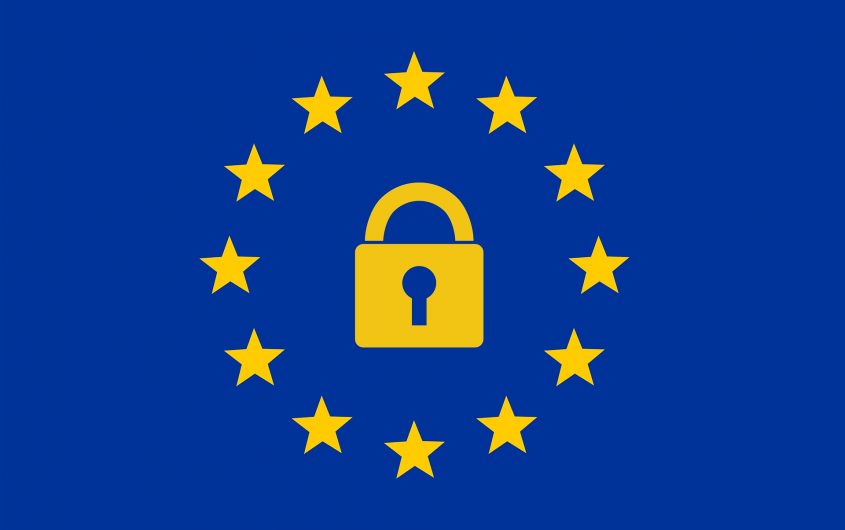
Trusting Each Other

Monika Kerekes
Federal Ministry for Economic Affairs and Energy
Monika Kerekes is an expert and deputy head of the division “International Economic and Monetary Issues” in the Federal Ministry for Economic Affairs and Energy. In this capacity, she works together with international organizations such as the OECD focusing on macroeconomic questions. In addition, she monitors macroeconomic developments in specific countries, among others in the United States. Previously, she worked as an expert and deputy head of division in the unit “Money, Credit and Banking.” Before joining the Federal Ministry for Economic Affairs and Energy, Monika Kerekes worked as economist at the Confederation of German Employers’ Associations (BDA), as a research associate at the Free University of Berlin (FU Berlin) and as a visiting researcher at the Hungarian Central Bank (MNB). She obtained her diploma in economics at the University of Mannheim and spent a year at the University of Melbourne receiving grants from the DAAD. She conducted research on economic growth and holds a doctorate degree in Economics.
She is a 2017-2018 participant in AICGS’ project “A German-American Dialogue of the Next Generation: Global Responsibility, Joint Engagement,” sponsored by the Transatlantik-Programm der Bundesrepublik Deutschland aus Mitteln des European Recovery Program (ERP) des Bundesministeriums für Wirtschaft und Energie (BMWi).
Both sides of the Atlantic are faced with the challenge of digitalization. Digitalization is expected to be highly beneficial by spurring innovation, efficiency, and productivity growth. Yet, it is also met by widespread skepticism. Digitalization can look threating—it will likely change the character of many jobs and the required skills; some fear that tax evasion will become more pervasive and social security less encompassing, thus raising inequality. What both optimists and pessimists have in common is the expectation that digital technologies will be successful. This expectation, however, implicitly assumes that one fundamental and old-fashioned feature of societies and economies continues to hold: trust.
The modern economy is not conceivable without trust because economic transactions depend on it. Businesses trust each other that they obtain the desired goods and services in exchange of payments. Investors trust that they will be able to reap the benefits of their investments. Consumers trust that purchased goods and services are of reasonably good quality and do not threaten their health. States and governments are important for supporting trust in society, for instance by providing adequate legal institutions that stakeholders can rely upon in case of disputes.
However, with digitalization progressing, a different kind of trust becomes increasingly important: the trust that the ubiquitous data trails associated with digital transactions will be protected adequately. Consider, for instance, a simple online order for goods: Even this most basic transaction involves the collection and use of personal data such as names, phone number, birth dates, addresses, credit card numbers, login names, etc. In contrast to former times, this data is not only disclosed to the vendor in the shop around the corner, but is transmitted digitally. This fact makes it very easy to disseminate the data further, use it for big data analysis, and, in some cases, to plainly abuse it. While this is less of a threat if you shop for clothes or shoes, shopping for medicines in online pharmacies is already a different story.
If digitalization is to work for everyone in a free and open society, the question of data protection must be addressed internationally. Every day businesses, public authorities, and individuals transfer vast amounts of personal data across the Atlantic. They do so in the belief that both the United States and the European Union protect their data to a sufficient degree. Were this confidence to dwindle, individuals might become unwilling to transfer personal data abroad, which in the end could endanger transatlantic value chains and the efficient international distribution of labor.
Data protection comes in many flavors. Data should in principle not be disseminated without knowledge of the respective individuals. Stricter rules should apply to sensitive data, such as information on genetics or health. Sensitive data should not be used for data mining exercises without consent of individuals or another basis provided by law. It should also be protected against access by state authorities if there is no compelling reason to do so. Luckily and notwithstanding some controversies in details, the United States and the European Union share the common goal of enhancing privacy protection. By agreeing on the EU-U.S. Privacy Shield they have provided a starting point for setting global standards with regard to privacy protection. Both sides of the Atlantic should now strive to keep the regulation up to date and to address new challenges and sentiments in a timely manner. After all, we would not want to find ourselves shelving the opportunities of digitalization out of fear. At the same time, we would not like to find our information in the wrong hands—be it private or public ones. Ultimately, we want to continue trusting each other—what better way to achieve this than by relying on a vivid transatlantic dialogue and cooperation.








